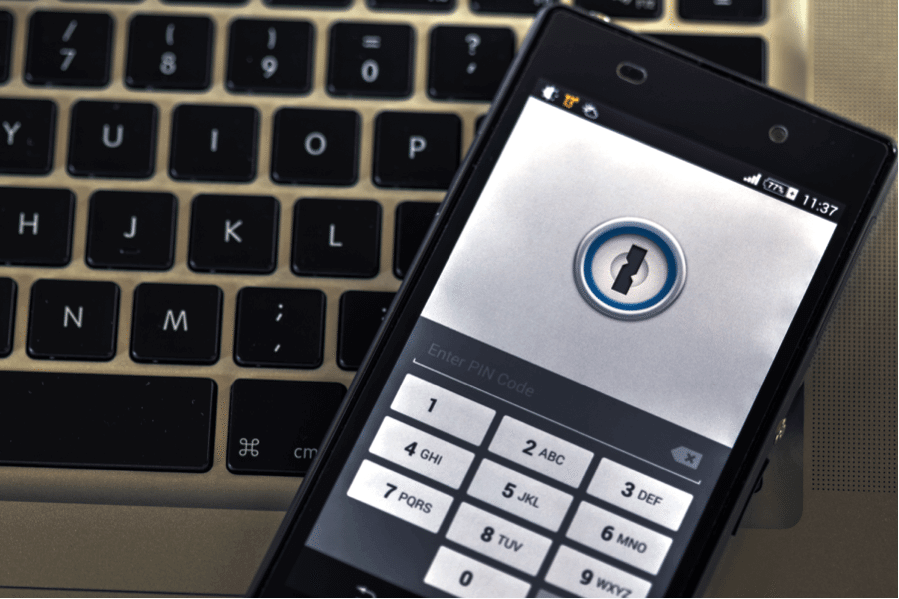Who owns the rights to a name? Natural instinct leads many to believe that the bearer of a name owns it. Unfortunately, in the world of trademark and cyber-squatting law, that isn’t always the case. Some celebrities have taken proactive approaches to protect the image that surrounds their names. However, website domains are a different beast. Largely, the law prohibits cyber-squatting on domains that actual companies use.
What is cybersquatting?
When the Internet first started getting popular, people and companies commonly bought variations of domain names that they had no real intention of ever using, in order to sell the domains (hopefully at a profit) to companies that wanted to use them. Since this Internet explosion, the court has considered this practice unlawful and dubbed it cybersquatting.
While the practice of bad-faith cybersquatting is prohibited, it’s harder to prove rights to a domain when another individual uses it for commentary on a business or trademark. Nominative fair use refers to one individual using another’s trademark to comment on the trademark’s products or related business. Is using someone else’s name for a domain to comment on that individual protected under nominative fair use? It depends on the good or bad faith behind the domain use.
What’s the difference between good and bad faith?
To differentiate between good and bad faith, courts look at the possible deception intended by the domain owner. These “gripe sites” can’t keep complete access to that specific domain if the domain matches the trademark (or name) exactly. While the First Amendment is weighed heavily since the freedom of speech is precious to the American people, the right to one’s own name is weighed almost as heavily. This doesn’t apply to a situation where a domain is wrongfully taken from an individual, but to one individual using a domain first and another individual bringing suit on the fair use of the domain name.
Weighing the First Amendment protections
Individuals do have the right to criticize or comment on others, but they don’t necessarily have the right to misdirect the public. If a domain name includes someone’s name and adds commentary, the court is much more likely to allow the fair use. If the domain name is only the individual’s name, the court is likely to see this use as misdirection, since individuals on the Internet often assume that domain names describe exactly who runs them. For example, Wal-mart Stores Inc owns the walmart.com domain. Equally, Kylie Minogue, who has a trademark for “Kylie,” also has the domain rights to the website kylie.com.
If you think someone is using your name improperly or you want to proactively protect your brand, contact Revision Legal’s Internet attorneys through our contact form or by calling 855-473-8474.
Image Credit: Ervins Strauhmanis




